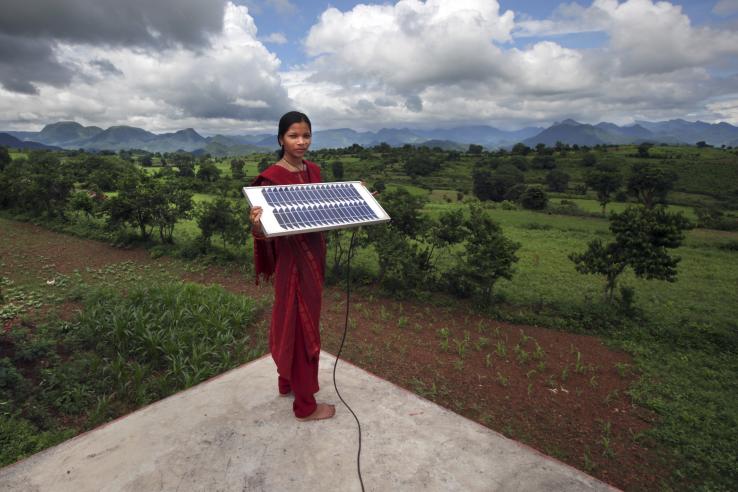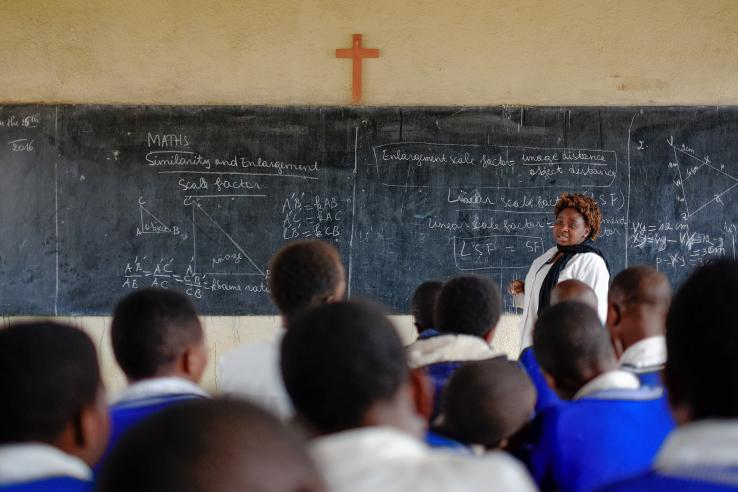Displaying 7141 - 7155 of 8328
Person
Person
Rama Murthy Sripada is a Senior Research Manager at J-PAL South Asia, where he works on managing the data and analysis needs of a portfolio of two to three active and ongoing projects under the RISE project.
Blog
Elise Huillery is a Professor of Economics at Paris Dauphine University. Her research focuses on policies addressing lack of education and the psychological barriers to individual progress out of poverty. From the humanitarian projects of her youth to the policy research she leads today, Elise...
Blog
COVID-19 has disrupted and altered labor markets across the globe. Through the Jobs and Opportunity Initiative, we are supporting urgent research that helps us understand how vulnerable workers around the world are being impacted by COVID-19, and how to design effective policy responses to protect...
Initiative
The King Climate Action Initiative (K-CAI) at J-PAL generates evidence and catalyzes the scale-up of high-impact policy solutions at the nexus of climate change and poverty alleviation in partnership with governments, NGOs, donors, and companies worldwide. K-CAI strives to build a movement of...
Initiative Resource
Initiative projects and documents
Person
Person
Esther Duflo is the Abdul Latif Jameel Professor of Poverty Alleviation and Development Economics in the Department of Economics at the Massachusetts Institute of Technology and a Co-Founder and Co-Director of the Abdul Latif Jameel Poverty Action Lab (J-PAL).
Person
Person
Person
Person
Rachel Glennerster is an Associate Professor of Economics in the Division of Social Science at the University of Chicago and currently serves as the President of the Center for Global Development.
Evaluation
Researchers conducted a randomized evaluation to test the impact of pay for performance contracts on teachers’ qualities, effort, and student learning in Rwanda. Pay for performance improved teacher effort, particularly their presence in classroom and their pedagogical effectiveness, and raised student learning outcomes.



